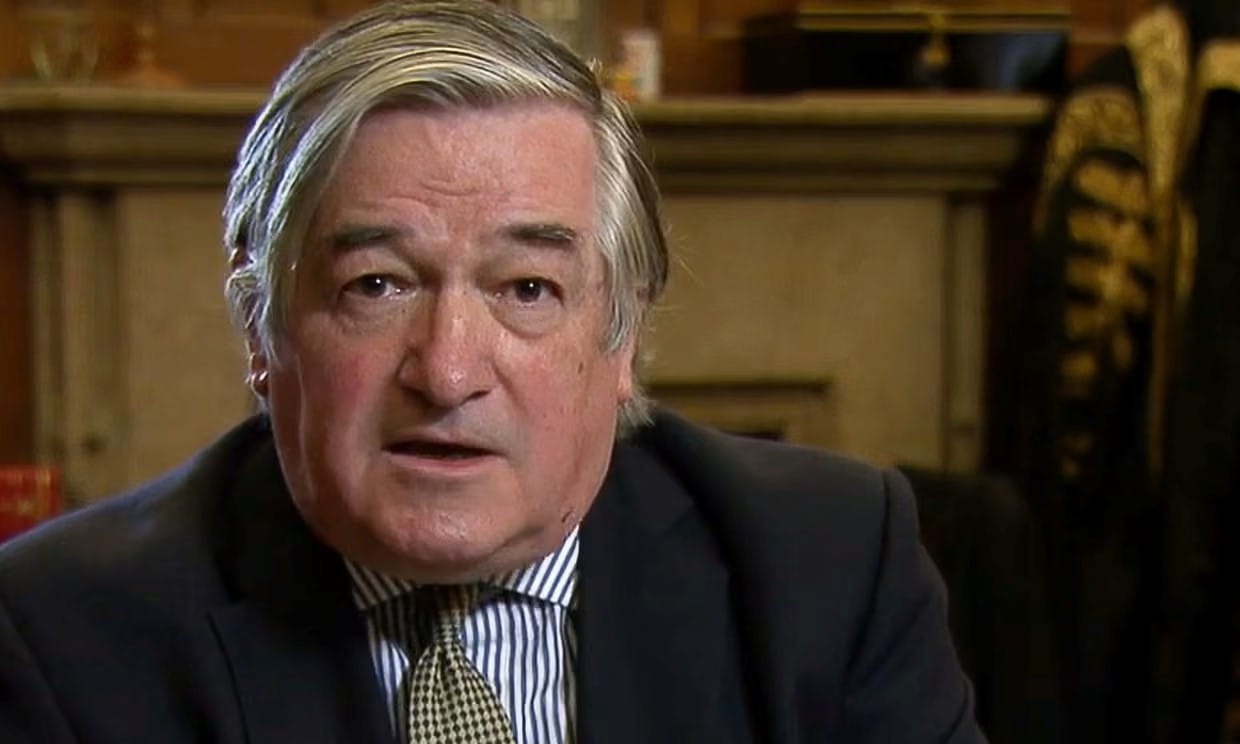TYB v CAR (Non-Disclosure) (No 2) [2025] EWFC 263 (B)
DDJ David Hodson. Final hearing concerning maintenance for wife in a case with serious non-disclosure.
Judgment date: 30 June 2025
https://caselaw.nationalarchives.gov.uk/ewfc/b/2025/263
DDJ David Hodson. Final hearing concerning maintenance for wife in a case with serious non-disclosure.
Facts
W (41) and H (44) married in 2017 and separated in 2020. They had a child aged 5. W was on universal credit and living in short-term, rented accommodation, whereas H earned over £60,000 per month, admitting in August 2022 that he spent £35,000 per month on luxury entertainment and lifestyle. On the other hand, H claimed that money from his US companies and employers was used to pay his parents back a loan for an upfront payment of a leasehold rental, which meant he was often left short with insufficient for his outgoings and therefore his parents gave him money to live on, increasing the loan balance. The court found that this made no sense.
H then claimed in September 2022 (the same month as the form A) that he had a dramatic change in finances. He failed to comply with a huge list of court directions including failing to file his Form E, a letter setting out his legal fees, a list of bank accounts held, provide his tax returns, or provide a statement of crypto savings and investments.
A final hearing listed for 16 December 2023 was not effective due to H’s non-disclosure (TYB v CAR [2023] EWFC 261 (B)). Directions were given to include third party disclosure orders and the matter was relisted for this final hearing, giving H a final opportunity to disclose his new circumstances.
At this final hearing, H had still not produced the information required.
Legal principles
In relation to the law on adverse inferences, burden of proof and approach in non-disclosure, the court considered two recent case decisions:
- Mahtani v Mahtani [2025] EWFC 35 (Fam)
- VTY v GDB [2025] EWFC 110 (B)
Judgment
The judge categorised this as a needs-based case. The judge scrutinised the available information including H’s financial arrangement with his parents, given there were questions surrounding why H was paid in the US and why he paid for a leasehold upfront. He also reviewed available information about H’s high rental payments and his payments to Deliveroo of about £2,500 per month.
The judge declined to make a capital award at the current time as there were no apparent capital assets with which to provide accommodation for the wife and child; but adjourned any capital claim for up to ten years. However, he ordered maintenance from H to W at £5,500 per month.
H failed to give any material evidence for which the court could be satisfied that there had been any dramatic change in his financial circumstances, so the court was fully entitled in law to proceed on the basis that there has been no change and his financial circumstances were as before. The court commented they did not entirely have to go down the road of adverse inference, given it is for a party to state their case and give disclosure. If they do not, then the court is entitled to be sceptical and suspicious.
Reason for publication
DDJ Hodsdon helpfully spelled out his reasons for publishing the case, at [3]:
- To continue a number of cases regarding adverse inference;
- As an example of the difficulties the family court faces when one party faces to disclose; and
- To demonstrate the outcome following the interim reported decision.
Citation status: This judgment has not been certified as citable pursuant to the Practice Note (Citation of Cases: Restrictions and Rules) [2001] 1 WLR 1001.





